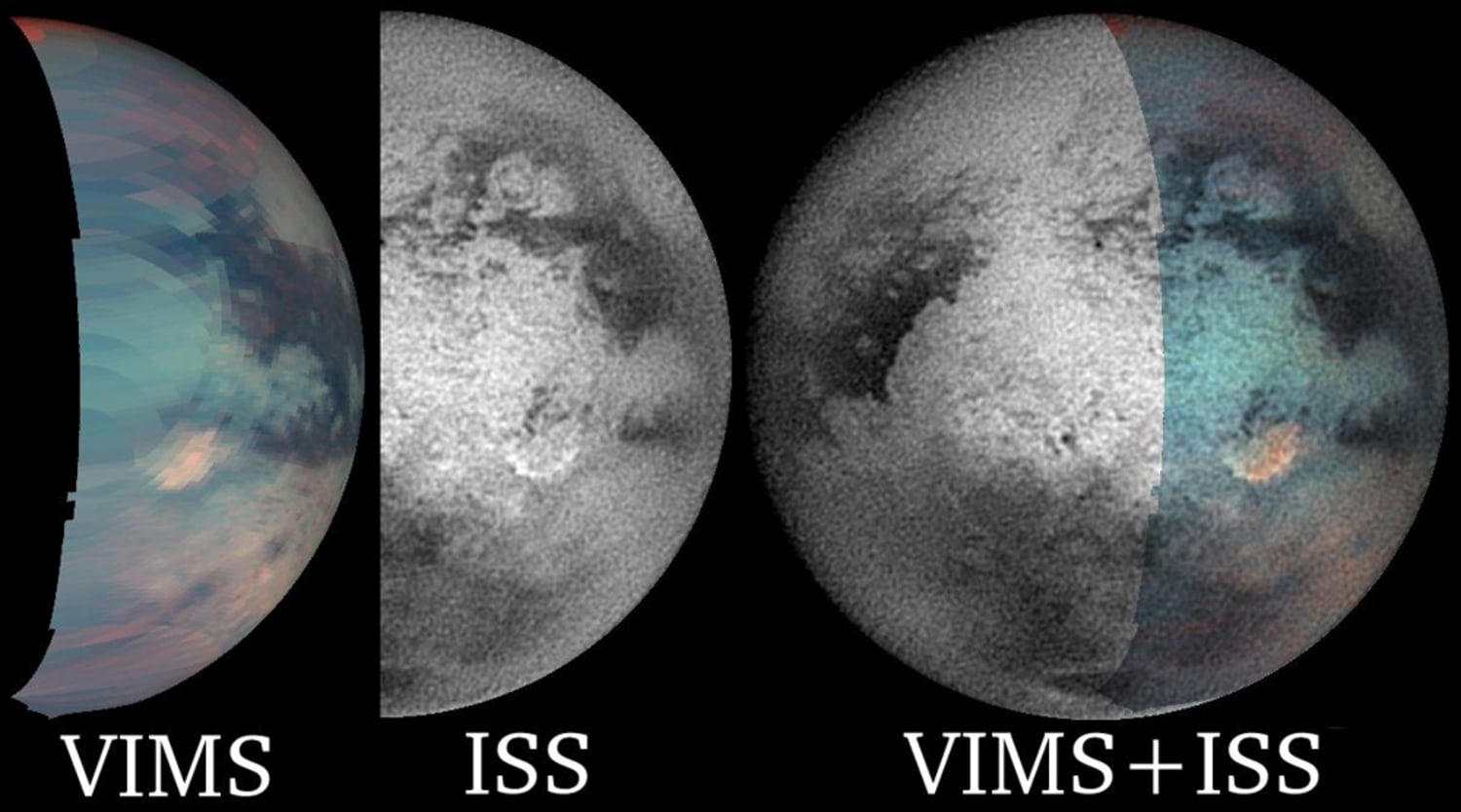
Alan in Space: No One Can Hear You in Space
Imagine floating in the vastness of space, surrounded by an eerie silence. The distant stars twinkle above, and the Earth appears as a tiny blue marble in the distance. This is the reality that Alan Shepard, the first American in space, experienced during his historic mission in 1961. As he ventured into the unknown, he uttered the iconic words, “Houston, contact lost.” These words epitomized the isolation and vulnerability that astronauts face in the unforgiving void of space.
The vastness and emptiness of space create a unique acoustic environment. Unlike on Earth, where sound waves travel through a medium such as air or water, there is no such medium in space. Instead, sound waves are absorbed by the vacuum of space, rendering them virtually inaudible.
The Meaning Behind “No One Can Hear You in Space”
The phrase “No one can hear you in space” has a profound meaning beyond its literal interpretation. It represents the extreme isolation that astronauts experience during their missions. Removed from the familiar sounds and voices of Earth, they are surrounded by an endless silence that can be both awe-inspiring and terrifying.
This isolation can have a significant impact on astronauts’ mental and emotional well-being. Extended periods of time spent in space can lead to feelings of loneliness, depression, and anxiety. Astronauts must rely on their training and support systems to maintain their composure and focus on their mission objectives.
Communicating in Space
Despite the challenges of communicating in space, astronauts have developed ingenious ways to stay connected with their ground teams. Spacecraft are equipped with radio systems that allow astronauts to transmit and receive voice and data over long distances. These systems rely on sophisticated antennas and signal processing techniques to overcome the vast distances involved.
Additionally, astronauts use a variety of other communication methods, such as email, text messaging, and video conferencing. These technologies allow them to stay in constant contact with mission control and their families back on Earth. However, even with these advanced systems, communication in space can be subject to delays and interruptions.
Tips and Expert Advice for Astronauts
To help astronauts cope with the challenges of communication in space, NASA and other space agencies have developed a number of tips and expert advice. These include:
- Use clear and concise language. Due to the potential for delays and interruptions, astronauts should communicate using simple and unambiguous language.
- Practice active listening. Astronauts must be attentive and actively listen to instructions and communications from ground control.
- Stay informed about mission updates. Regular briefings and updates from mission control help astronauts stay informed and avoid misunderstandings.
By following these tips, astronauts can improve their communication effectiveness and reduce the risk of misunderstandings or errors during space missions.
FAQs About Communication in Space
Q: Why can’t astronauts hear each other talk in space?
A: Sound waves require a medium to travel through, such as air or water. Since there is no medium in space, sound waves are absorbed, making it impossible for astronauts to hear each other unaided.
Q: How do astronauts communicate with each other in space?
A: Astronauts use radios, email, text messaging, and video conferencing to stay connected with each other and with ground control. These systems rely on sophisticated antennas and signal processing techniques to overcome the distance and challenges of communicating in space.
Q: What are the challenges of communicating in space?
A: Astronauts face several challenges when communicating in space, including delays and interruptions caused by distance, equipment malfunctions, and the harsh space environment. They must use clear and concise language, practice active listening, and stay informed to overcome these challenges.
Conclusion
Alan Shepard’s famous words, “Houston, contact lost,” have become synonymous with the challenges of communication in space. The vast and unforgiving void creates an extreme acoustic environment where sound waves are absorbed, leaving astronauts isolated and unable to hear each other or Earth without specialized equipment.
Despite the challenges, astronauts have developed innovative communication systems and techniques to stay connected during their space missions. With the help of these systems and expert advice, they are able to overcome the barriers of distance and communicate effectively with each other and with ground control.
Are you interested in learning more about the fascinating world of space communication? If so, explore our website for additional resources and articles on this topic.

Image: nbcnews.com

Image: barnesandnoble.com
In space no one can hear you scream 👽 Alien #alternativemovieposter by @benedict_woodhead Prints available via @herocompl… | Giger alien, Alien, Aliens movie art Check out our alan in space, no one can hear you in space t shirt selection for the very best in unique or custom, handmade pieces from our t-shirts shops. Etsy. Categories Accessories Art & Collectibles Baby Bags & Purses Bath & Beauty Books, Movies & Music